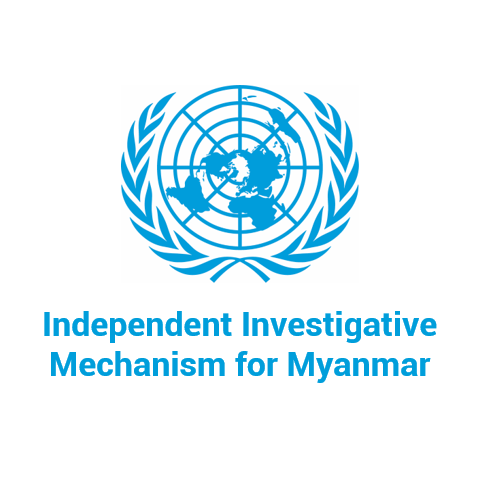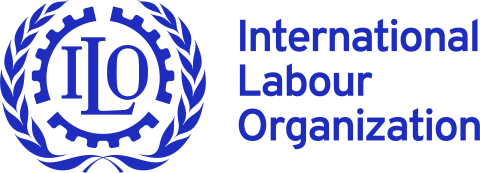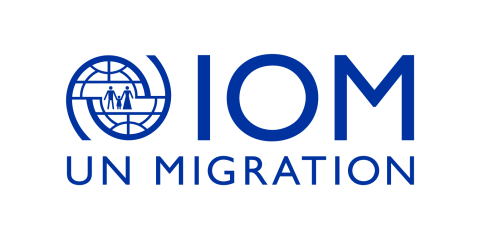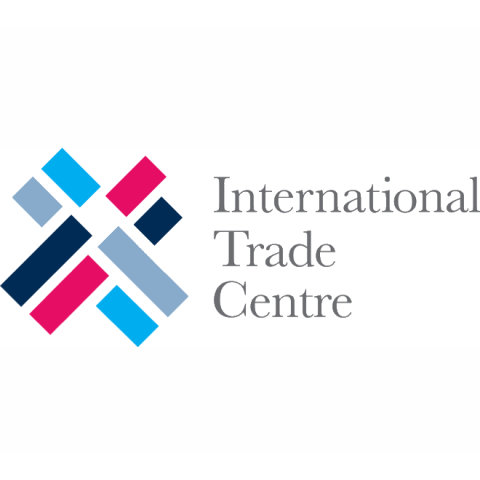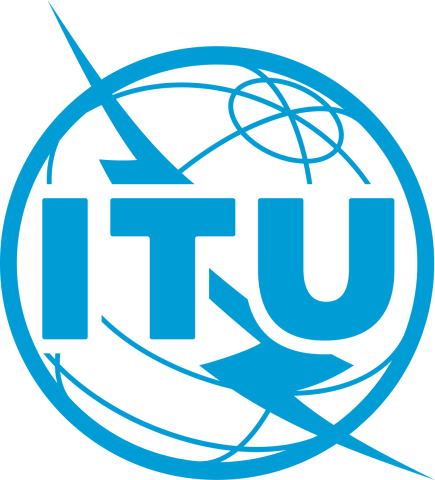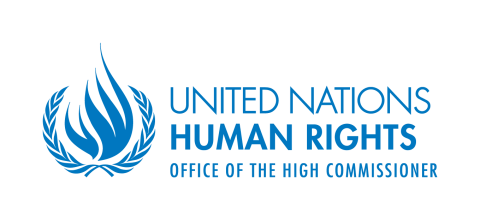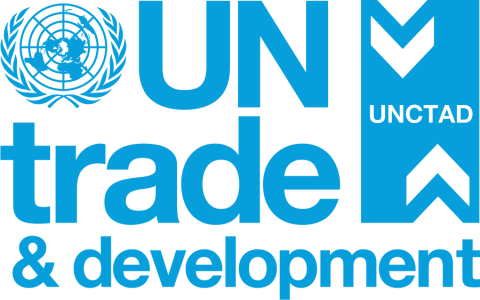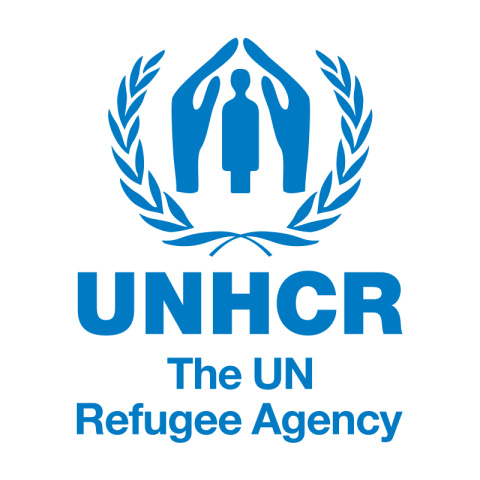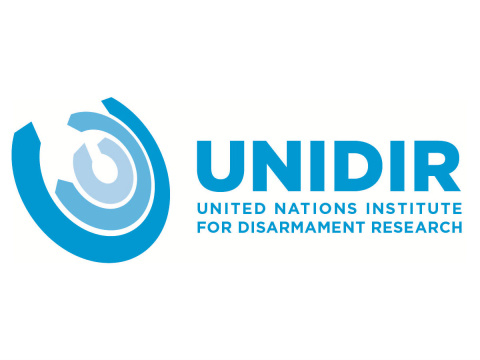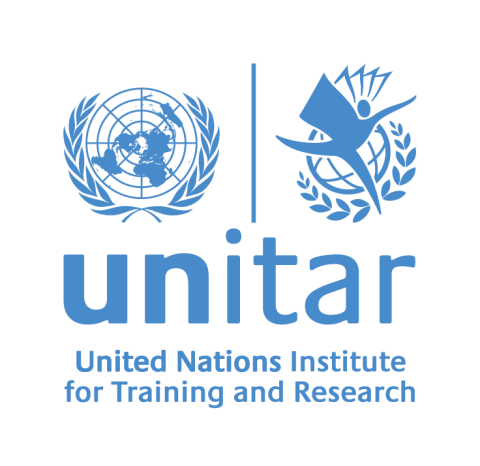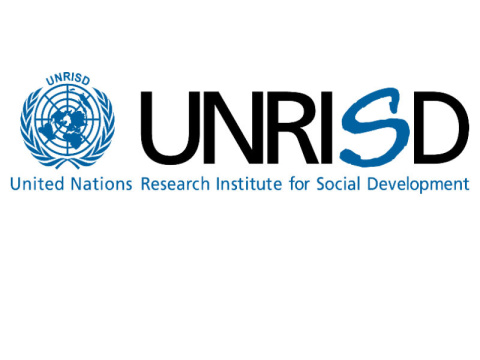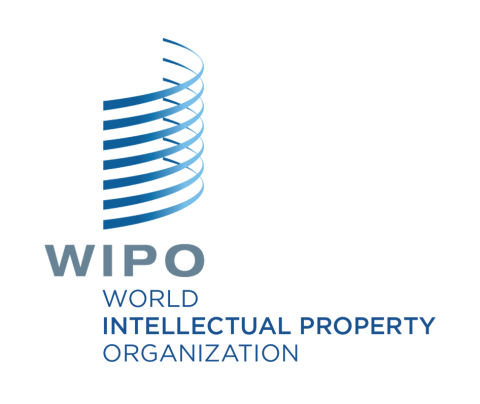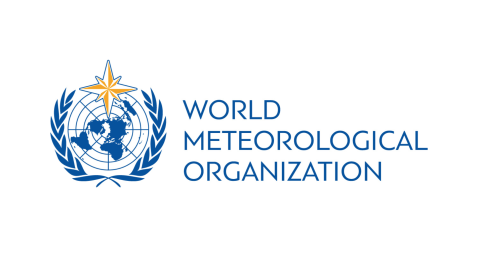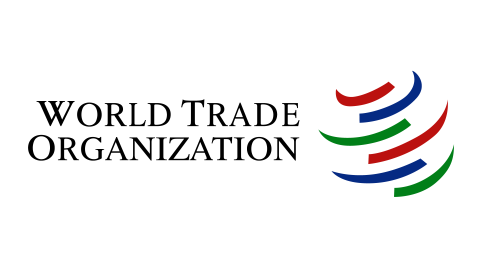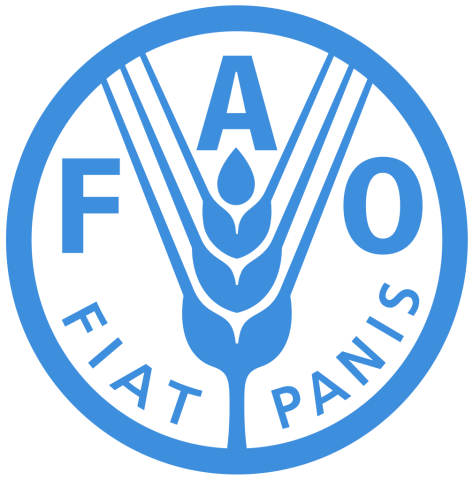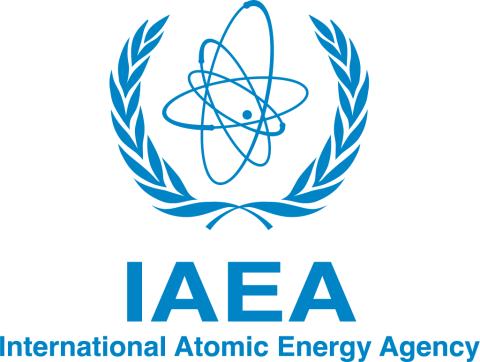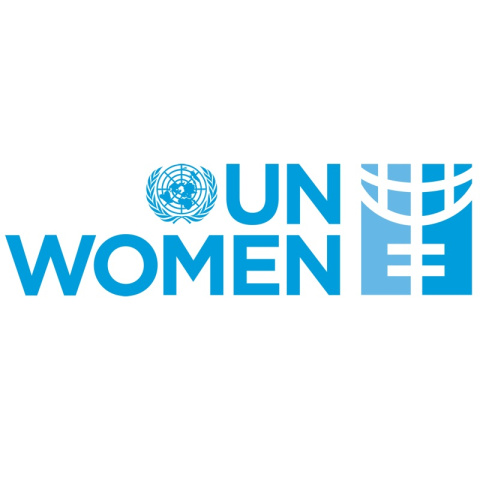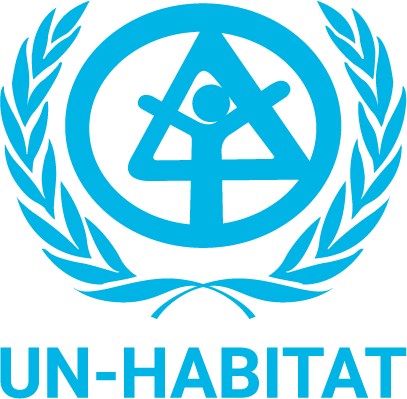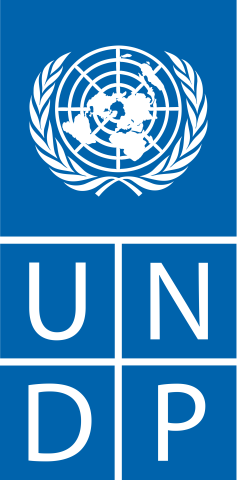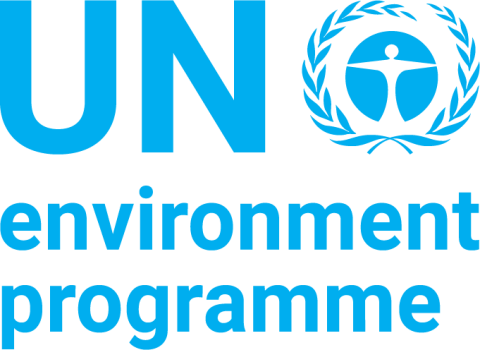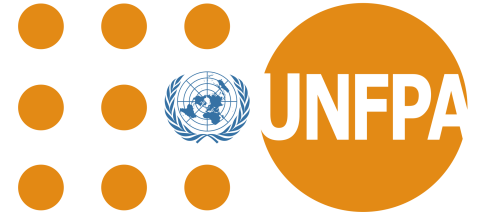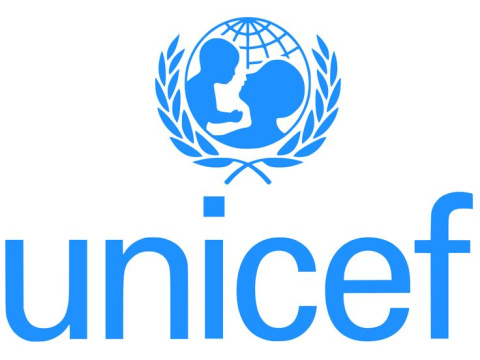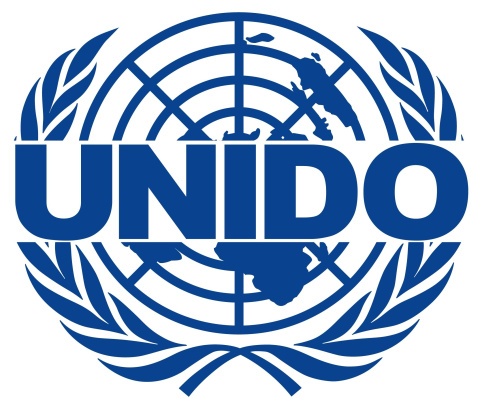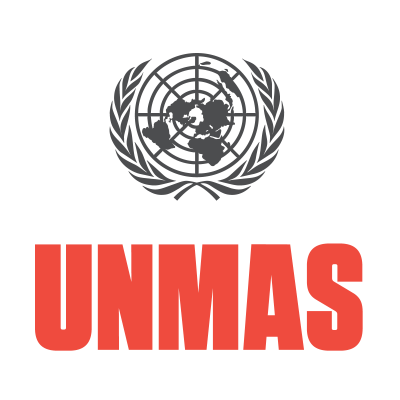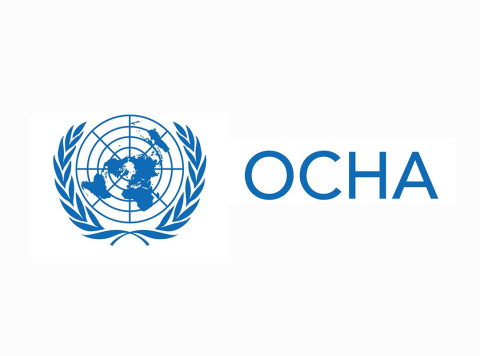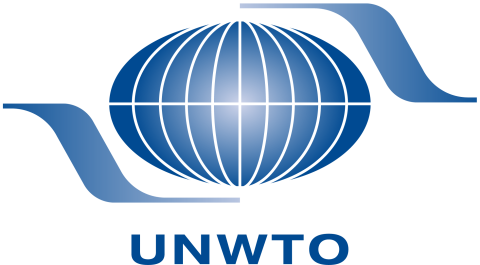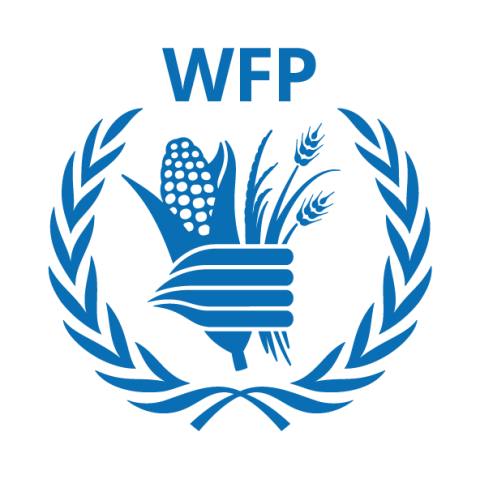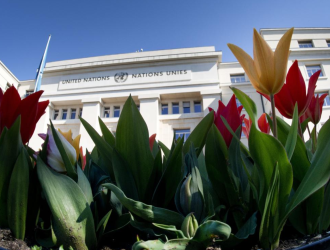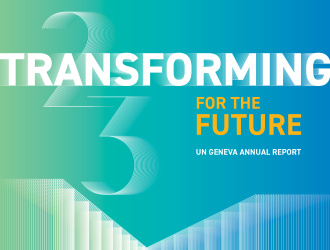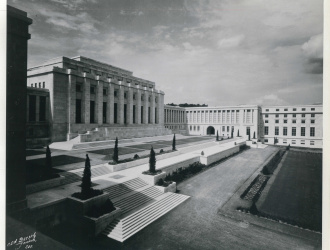
Breadcrumb
UN system entities headquartered in Geneva
At the core of UN Geneva is the United Nations Office at Geneva (UNOG), located inside the Palais des Nations, few kilometers north of the city center. UNOG is part of the UN Secretariat, tasked to carry out all necessary steps to enable a dialogue between Member States: maintaining conference facilities and offering conference services (e.g. interpretation, technical support, compiling and distributing documents, etc.), securing the meetings venues, and making the discussions and decisions available for the world to witness. The office in Geneva is one of only three major administrative offices outside of New York, together with Nairobi and Vienna.
A range of UN entities are headquartered in Geneva, making the city a center point for different topics such as health, human rights, refugees and migration, disarmament and more.
Geneva hosts a row of peace talks between conflicting parties, often led by senior UN officials appointed by the Secretary-General. The Special Envoy for Syria, for example, operates from Geneva, tirelessly bringing all parties of the Syrian civil war to the round table and trying to negotiate a peace agreement.
Another important part of the UN system are its five economic commissions, spread across all parts of the world and serving as "think tanks" for the social and economic development of people and societies within their respective regions. The Economic Commission for Europe (ECE) is located at the Palais des Nations in Geneva.
Additionally, several research institutions inside the UN system, dedicated for example to justice, social development, or disarmament, are based in the Swiss city.
The International, Impartial and Independent Mechanism - Syria (IIIM) was established in December 2016 by the General Assembly to assist in the investigation and prosecution of persons responsible for the most serious crimes under International Law committed in the Syrian Arab Republic since March [...]
In September 2018, the UN Human Rights Council established the Independent Investigative Mechanism for Myanmar with the mandate to collect, consolidate, preserve and analyse evidence of the most serious international crimes and violations of international law committed in Myanmar since 2011. It is [...]
The Independent Institution is a UN entity established by the General Assembly on 29 June 2023 in response to the urgent calls for action from family members of Syria’s many thousands of missing persons to determine their fate and whereabouts. The IIMP’s founding resolution mandates it to:
- Clarify [...]
Established in 1951, IOM is the leading intergovernmental organization in the field of migration and works closely with governmental, intergovernmental and non-governmental partners. IOM works to help ensure the orderly and humane management of migration to promote international cooperation on [...]
The International Telecommunication Union (ITU) is the specialized United Nations agency for digital technology, driving innovation in information and communications technologies together with 194 Member States and a membership of over 1,000 companies, universities, and international and regional [...]
The mission of the Office of the United Nations High Commissioner for Human Rights (OHCHR) is to work for the protection of all human rights for all people; to help empower people to realize their rights; and to assist those responsible for upholding such rights in ensuring that they are implemented [...]
In line with Security Council resolution 2254 (2015), the United Nations Special Envoy for Syria undertakes efforts to build trust among warring parties and convene and facilitate negotiations toward a political settlement of the Syrian conflict.
The Special Envoy is committed to engaging the [...]
UN-Water is the United Nations' coordination mechanism for water and sanitation. Bringing together over 30 UN entities and 40 international partners, it ensures the UN system works as one to tackle water- and sanitation-related challenges and support countries in achieving Sustainable Development [...]
UNAIDS is leading the global effort to end AIDS as a public health threat by 2030 as part of the Sustainable Development Goals.
Since the first cases of HIV were reported more than 35 years ago, 78 million people have become infected with HIV and 35 million have died from AIDS-related illnesses [...]
UN Trade and Development (UNCTAD) is the UN’s leading institution dealing with trade and development. It is a permanent intergovernmental body established by the United Nations General Assembly in 1964. UNCTAD supports developing countries to access the benefits of a globalized economy more fairly [...]
The UN Office for Disaster Risk Reduction (UNDRR) works towards the substantial reduction of disaster risk and losses to ensure a sustainable future. UNDRR (formerly known as UNISDR) is the focal point of the United Nations system for disaster risk reduction and the custodian of the Sendai Framework [...]
UNHCR, the UN Refugee Agency, is a global organization dedicated to saving lives, protecting rights and building a better future for people forced to flee their homes because of conflict and persecution. We lead international action to protect refugees, forcibly displaced communities and stateless [...]
As a dedicated training arm of the United Nations system, the United Nations Institute for Training and Research (UNITAR) provides innovative learning solutions to individuals, organizations and institutions to enhance global decision-making and support country-level action for shaping a better [...]
The Geneva Branch of the Office for Disarmament Affairs assists Member States in supporting their disarmament, arms control and non-proliferation efforts aimed at achieving the goal of general and complete disarmament under strict and effective international control.
The Branch provides [...]
Housed at the Palais des Nations, the United Nations Office at Geneva (UNOG) serves as the representative office of the Secretary-General at Geneva. A focal point for multilateral diplomacy, UNOG serviced around 8,000 meetings last year, making it one of the busiest conference centres in the world [...]
UNRISD is an autonomous research institute within the UN system that undertakes interdisciplinary research and policy analysis on the social dimensions of contemporary development issues. UNRISD works collaboratively with an extensive network of partners from the academic, policy, practitioner and [...]
The World Health Organization (WHO) is the directing and coordinating authority for health within the United Nations system. It is responsible for providing leadership on global health issues, shaping the health research agenda, setting norms and standards, articulating evidence-based policy options [...]
The World Intellectual Property Organization (WIPO) is a specialized agency of the United Nations. It is dedicated to developing a balanced and accessible international intellectual property (IP) system, which rewards creativity, stimulates innovation and contributes to economic development while [...]
The World Meteorological Organization (WMO) is a specialized agency of the United Nations. It is the UN system's authoritative voice on the state and behaviour of the Earth's atmosphere, its interaction with the oceans, the climate it produces and the resulting distribution of water resources.
The WTO provides a forum for negotiating agreements aimed at reducing obstacles to international trade and ensuring a level playing field for all, thus contributing to economic growth and development. The WTO also provides a legal and institutional framework for the implementation and monitoring of [...]
UN Organizations with a Local or Liaison Office in Geneva
Graced with a multitude of governmental and non-governmental organizations in direct neighborhood, the presence of almost all of its Member States and excellent relations with its host country Switzerland, Geneva offers ideal condition for the UN to operate in. Not only the resident UN organizations value the positive climate and the productivity that comes with it. UN entities from across the world entertain local offices in Geneva to take part in the collaborative processes originating in and around the Palais des Nations.
The IAEA is the world's center of cooperation in the nuclear field. It was set up as the world's "Atoms for Peace" organization in 1957 within the United Nations family. The Agency works with its Member States and multiple partners worldwide to promote safe, secure and peaceful nuclear technologies.
The World Bank Group is an international financial institution whose mission is to end extreme poverty and boost shared prosperity on a livable planet. It works in every major area of development and provides a wide array of financial products and technical assistance to help countries share and [...]
In July 2010, the United Nations General Assembly created UN Women, the United Nations Entity for Gender Equality and the Empowerment of Women. In doing so, UN Member States took an historic step in accelerating the Organization’s goals on gender equality and the empowerment of women. The creation [...]
The United Nations Human Settlements Programme, UN-HABITAT, is the United Nations agency for human settlements. It is mandated by the UN General Assembly to promote socially and environmentally sustainable towns and cities with the goal of providing adequate shelter for all.
UNDP is the leading United Nations organization fighting to end the injustice of poverty, inequality, and climate change. Working with a broad network of experts and partners in 170 countries, the agency helps nations to build integrated, lasting solutions for people and planet.
The UNDP Office in [...]
The United Nations Environment Programme (UNEP) is the leading global environmental authority that sets the global environmental agenda, promotes the coherent implementation of the environmental dimension of sustainable development within the United Nations system, and serves as an authoritative [...]
The UNESCO Geneva Liaison Office (GLO) was established in 1979 in order to liaise UNESCO with the United Nations Office at Geneva (UNOG), the UN Specialized Agencies based here (e.g. WHO, ILO, ITU, WIPO and WMO), the UN programmes, funds and organizations (e.g. OHCHR, UNHCHR, UNAIDS, UNCTAD, etc.).
A [...]
UNFPA, the United Nations Population Fund, is an international development agency that promotes the right of every woman, man and child to enjoy a life of health and equal opportunity. UNFPA supports countries in using population data for policies and programmes to reduce poverty and to ensure that [...]
UNICEF works in the world’s toughest places to reach the most disadvantaged children and adolescents – and to protect the rights of every child, everywhere. Across more than 190 countries and territories, we do whatever it takes to help children survive, thrive and fulfill their potential, from [...]
The United Nations Interregional Crime and Justice Research Institute (UNICRI) was established in 1968 pursuant to Economic and Social Council Resolution 1086 B (XXXIX) of 1965, which urged an expansion of the United Nations activities in crime prevention and criminal justice. The Institute is a [...]
UNMAS collaborates with 11 other UN departments, agencies, programmes and funds to ensure an effective, proactive and coordinated response to the problems of landmines and explosive remnants of war, including cluster munitions. UNMAS was established in 1997 to serve as the UN focal point for mine [...]
OCHA's mission is to mobilize and coordinate effective and principled humanitarian action in partnership with national and international actors in order to alleviate human suffering in disasters and emergencies; advocate for the rights of people in need; promote preparedness and prevention; and [...]
The United Nations Office on Drugs and Crime (UNODC) has the mandate to make the world safer from drugs, organized crime, corruption and terrorism. The organization is committed to achieving health, security and justice for all by tackling these threats and promoting peace and sustainable well-being [...]
UNOPS helps the UN and its partners provide peace and security, humanitarian and development solutions. Their mission is to help people build better lives and countries achieve peace and sustainable development.
They are focused on implementation, committed to UN values and private sector [...]
UNWTO's presence in Geneva has the potential to substantially increase the positive impact of tourism as an engine for development. As part of the UNWTO Geneva Liaison Office (GVLO) scope of work to represent UNWTO to the UN System and Diplomatic Missions in Geneva and in building strategic [...]
The United Nations World Food Programme (WFP) is the world’s largest humanitarian organization, saving lives in emergencies and using food assistance to build a pathway to peace, stability and prosperity for people recovering from conflict, disasters and the impact of climate change.
The WFP Geneva [...]


